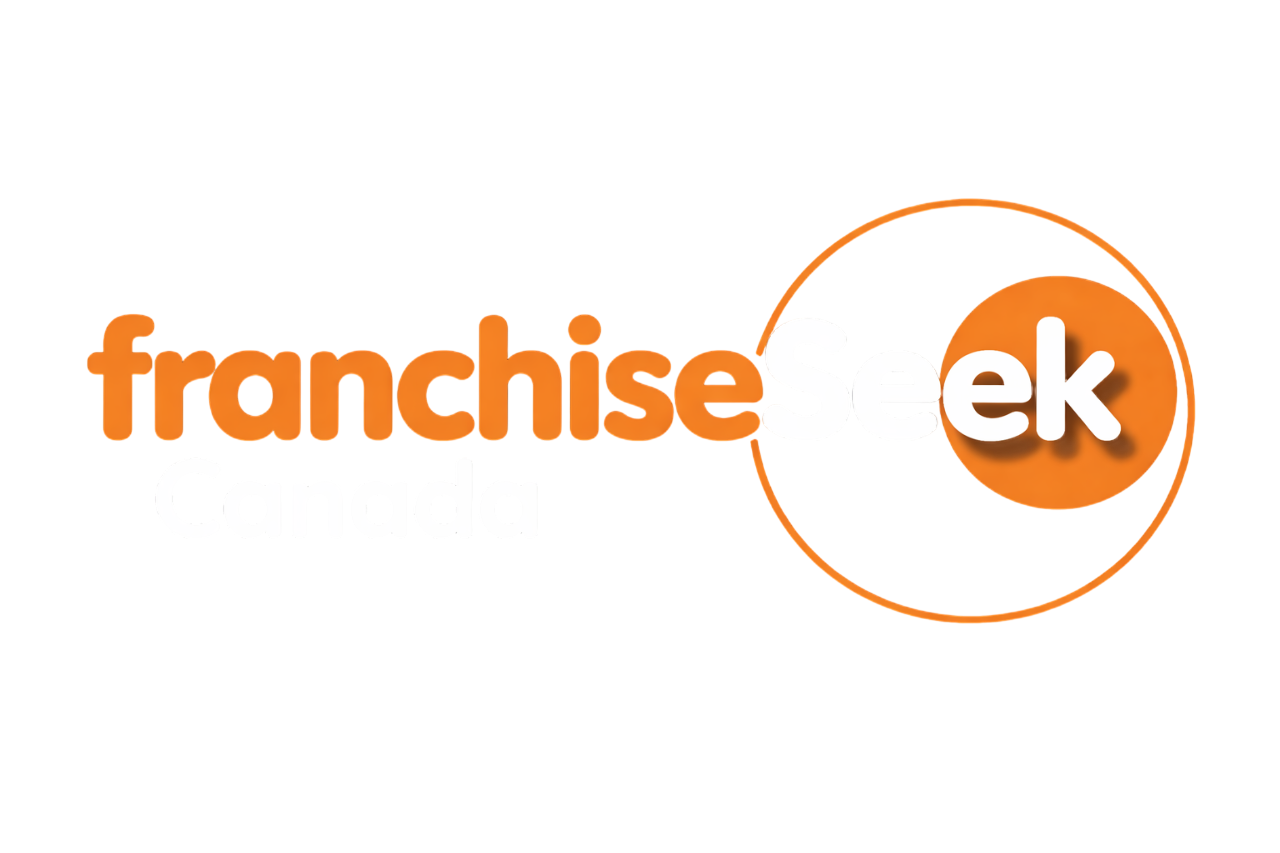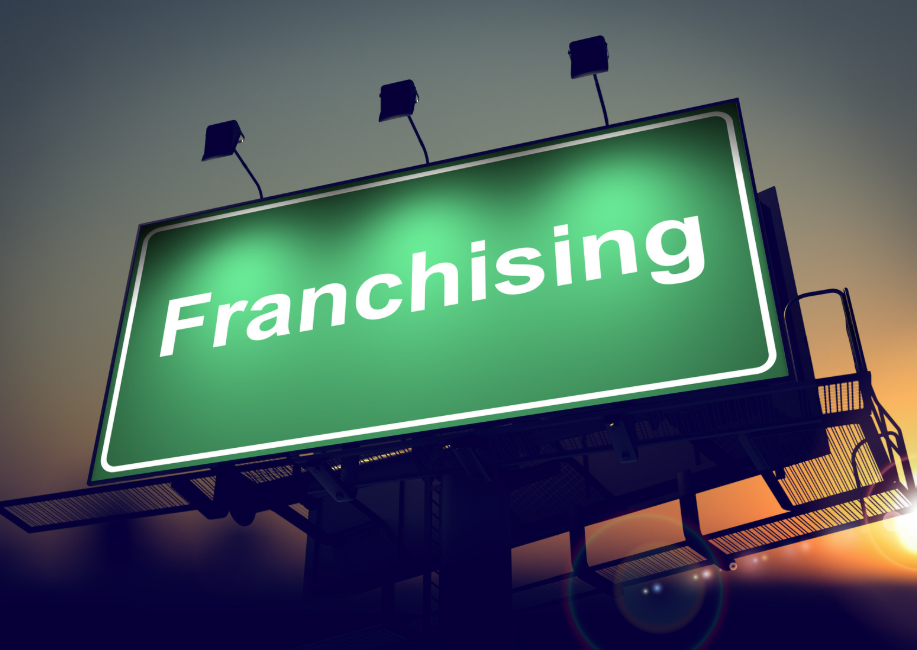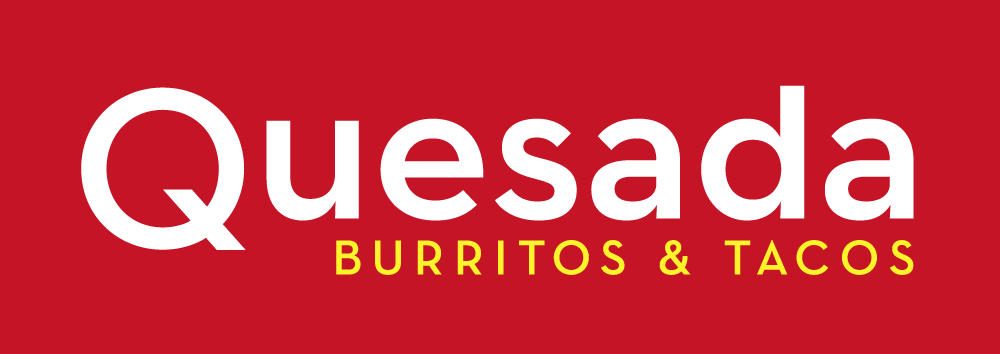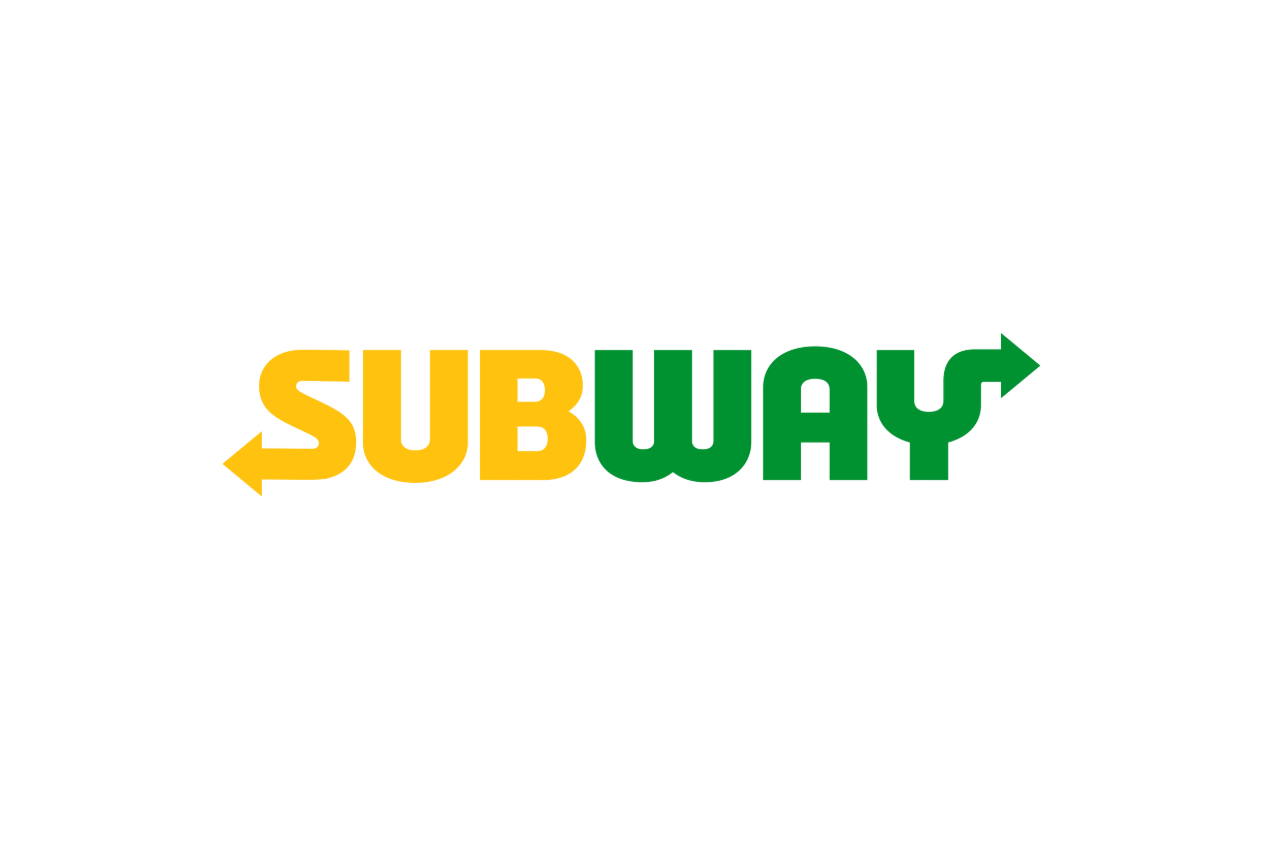In the world of business expansion and brand development, the terms franchising and licensing are often used interchangeably. However, while they share some similarities, they are fundamentally different models—especially from a legal and operational perspective. In Canada, understanding the distinction between franchising and licensing is crucial for entrepreneurs, brand owners, and investors. Mistaking one for the other can lead to serious legal consequences and financial setbacks. This article explores the key differences between franchising and licensing in the Canadian context, helping you determine which model suits your business goals.
Understanding Franchising in Canada
Franchising is a regulated business model in Canada, governed by specific laws in several provinces, including Ontario, British Columbia, Alberta, Manitoba, New Brunswick, and Prince Edward Island. In a franchise agreement, the franchisor grants the franchisee the right to operate a business using the franchisor’s brand, system, and ongoing support. This includes everything from trademarks and marketing materials to training, operational manuals, and performance standards.
The franchisor retains a high level of control over the franchisee’s operations. This control is essential to ensure brand consistency across all locations. In return, the franchisee usually pays initial franchise fees and ongoing royalties. Canadian franchise laws, such as Ontario’s Arthur Wishart Act (Franchise Disclosure), 2000, require franchisors to provide a Franchise Disclosure Document (FDD), which outlines key details about the business, financial statements, litigation history, and more. Failure to comply with these regulations can lead to significant penalties, including rescission of the franchise agreement.
Licensing Explained
Licensing, on the other hand, is a more flexible and less regulated arrangement. A licensing agreement allows one party (the licensee) to use the intellectual property of another party (the licensor), such as a brand name, logo, or patent, usually in exchange for a licensing fee or royalty. However, unlike franchising, a license does not typically come with the same level of control or operational oversight. The licensee is usually free to run their business however they see fit, as long as they do not breach the terms of the licensing agreement.
In Canada, licensing is governed by general contract law and intellectual property law, but it does not fall under franchise legislation. This makes it easier and quicker to set up, and often less expensive, but also riskier in terms of brand control and quality assurance. Licensing may be suitable for products, software, or branding partnerships rather than full-scale business replications.
Key Differences Between the Two Models
The most significant difference between franchising and licensing in Canada is the level of control and legal obligation involved. A franchising relationship requires the franchisor to exercise significant control over how the franchisee runs the business, including branding, marketing, training, and operational standards. A licensing agreement, in contrast, is typically limited to the use of a brand or intellectual property without dictating how the licensee runs their operations.
Another important difference lies in the legal protections and obligations. Franchisors are bound by disclosure requirements and franchise laws, whereas licensors have more freedom but less control. In practice, many licensing agreements that resemble franchises—by including too much control—may inadvertently trigger franchise laws, even if labeled as a license. This “hidden franchise” situation can expose the licensor to unexpected legal liabilities.
Choosing the Right Model in Canada
When deciding between franchising and licensing in Canada, the right choice depends on your business objectives. If you want to maintain strict control over how your brand is represented and replicated across multiple locations, franchising is likely the better path. It involves more regulatory compliance and higher costs, but it provides consistency and a scalable system. If your goal is to allow others to use your brand or product with minimal oversight, licensing offers a simpler and more flexible arrangement, though with less control and legal protection.
Conclusion
Franchising and licensing are not the same, especially within the legal landscape of Canada. While both models allow business expansion and brand monetisation, they serve different purposes and come with distinct legal and operational implications. Franchising involves greater control, higher compliance obligations, and stricter laws, while licensing is more flexible but carries the risk of brand dilution. Understanding these differences is essential before entering into any agreement. Consulting a legal expert in franchise and licensing law is a smart move to ensure that your business expansion is both compliant and strategically sound.









